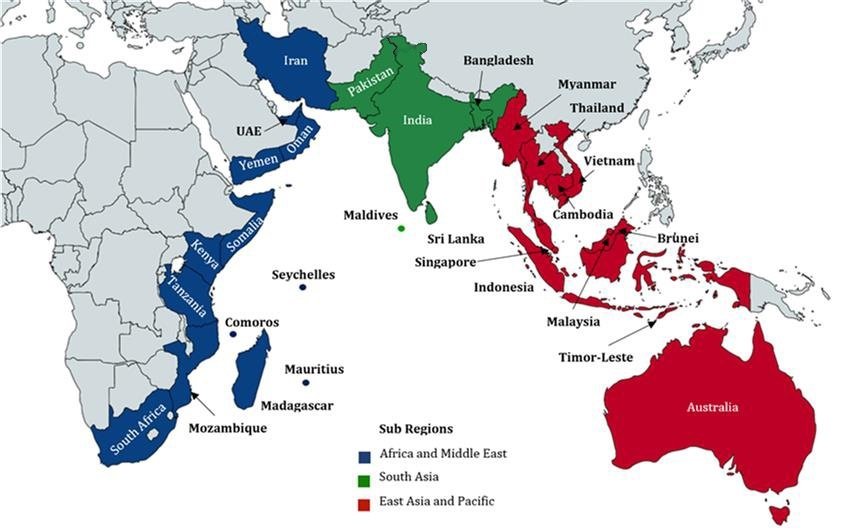Geopolitics is the study of the effects of Earth’s geography on political power and international relations. It focuses on the influence of geographic space, including territorial waters, land territory, climate, topography, demography, and natural resources, on foreign policy and international political behavior.
Geopolitics is a framework used to understand the struggle over the control of geographical entities with an international and global dimension, and the use of such geographical entities for political advantage.
It involves analyzing how countries and other groups compete to control geographical entities within the international community to reach their political goals.

What is geopolitics?
Geopolitics is the study of how geography affects politics and international relations. It focuses on the influence of geographic space, including territorial waters, land territory, and other geographical factors, on political power and international political behavior. Geopolitical analysis involves studying actors and their interactions, as well as the control of geographical entities for political advantage on a global scale.
Who coined the term geopolitics?
The term “geopolitics” was invented by Swedish political scientist Rudolf Kjellén around the start of the 20th century. It expanded throughout Europe during World Wars I and II (1918–1939) and became widely used during the latter. Geopolitics is often used interchangeably with international politics nowadays.
How do geopolitical factors affect international trade?
Geopolitical factors can significantly affect international trade. For instance, geopolitical conflicts can lead to a disintegration of the global trading system into blocs, impacting trade, growth, and innovation.
The emergence of new superpowers and geopolitical tensions can also influence trade policies and trade relations between countries.
Additionally, trade policy is increasingly linked to geopolitical risks and is used as a tool to advance broader foreign policy objectives, such as protecting national security interests and tackling climate change.
Geopolitical risks, including international conflicts, shifting trade relations, and supply chain reconfiguration, have vast commercial impact and can shape market outlook, industry stability, and business operations.
Therefore, it is evident that geopolitical factors play a significant role in shaping the landscape of international trade.
some examples of geopolitical conflicts that have affected international trade
Geopolitical conflicts have had significant impacts on international trade. Some examples include:
- Direct Trade Barriers: Geopolitical conflicts can lead to the imposition of direct trade barriers such as sanctions, embargoes, and tariffs. For instance, the sanctions imposed by Western countries on Russia in response to its annexation of Crimea in 2014.
- Disrupted Supply Chains: Geopolitical conflicts often disrupt global supply chains, causing delays and increasing costs. For example, the ongoing South China Sea dispute poses potential risks to critical shipping routes, while the conflict in the Middle East frequently disrupts oil supplies, leading to volatility in global energy markets.
- Decreased Foreign Investment: Political instability and conflict make countries less attractive to foreign investors, leading to reduced foreign direct investment (FDI), which can hamper economic growth and further exacerbate trade.
- Shifted Trade Alliances: Geopolitical conflicts can lead to shifting trade alliances as countries re-evaluate their trade relationships in response to the changing geopolitical landscape.
These examples illustrate how geopolitical conflicts can have far-reaching effects on international trade, including trade barriers, supply chain disruptions, and investment impacts.
What is the role of natural resources in geopolitics?
Natural resources play a critical role in shaping the geopolitical landscape of the world. Access to resources such as oil, rare earth minerals, and water can significantly impact a country’s geopolitical position. Geopolitics and natural resources are closely interconnected, as the availability of natural resources is a fundamental element in the study of the relationship between geography, power, and politics. The demand for and competition over natural resources can be catalysts for both international conflict and cooperation.
As the hunger for raw materials and resources rises, the intricate balance between economic priorities and global political discourse is becoming ever more important, reshaping the global geopolitical landscape and influencing foreign policies.
The management and control of natural resources, as well as the controversies that arise regarding their use, allocation, and protection, are key issues in the field of geopolitics and natural resources.

Pingback: Geopolitics of the Indian Ocean - Geography Study